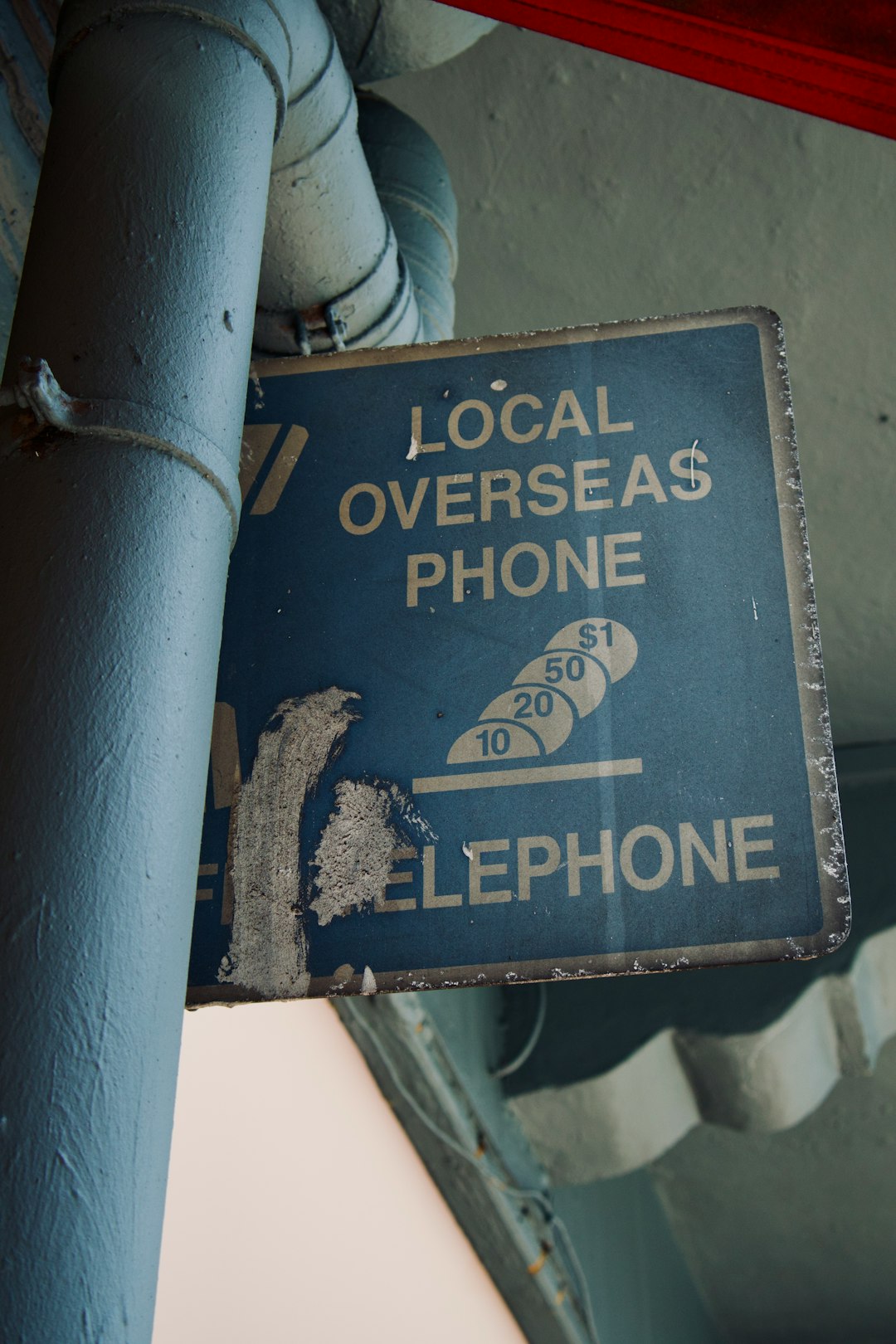In Oregon, strict state and federal regulations, including the Oregon Spam Call Law, protect consumers from unsolicited or deceptive telemarketing practices, especially spam texts. These laws govern how businesses can contact residents for marketing purposes, with penalties for non-compliance. Understanding these guidelines is vital for businesses to avoid penalties and maintain ethical telemarketing practices. Eugene, Oregon, takes consumer protection seriously, with local authorities and organizations collaborating to combat unwanted communication practices, making it a model city for spam call prevention. Recognizing the distinction between telemarketing and spam texts ensures compliance with Oregon's stringent Spam Call Law Firms regulations.
In the digital age, understanding the distinction between telemarketing and spam texts is crucial for consumers in Eugene, Oregon. While both involve unsolicited messaging, they are governed by different laws and carry unique implications. This article explores the legal perspective on telemarketing, the rise of spam texts, and key differences under Oregon’s spam call laws. By delving into these aspects, we aim to equip folks with knowledge to navigate the regulatory landscape and protect their rights against unwanted communications.
Understanding Telemarketing: A Legal Perspective in Oregon

In Oregon, telemarketing practices are regulated by state and federal laws designed to protect consumers from unwanted or deceptive sales calls. The Oregon Spam Call Law, part of the state’s Consumer Protection Laws, restricts how businesses can contact residents via phone for marketing purposes. This law allows consumers to register complaints against firms engaging in spam calls, and it empowers regulators to take action against violators.
Telemarketing, when conducted ethically and within legal boundaries, involves legitimate business representatives reaching out to potential customers by phone to promote products or services. These interactions should be voluntary and based on prior consent from the consumer. Understanding these legal parameters is crucial for both businesses aiming to comply with Oregon’s spam call laws and consumers knowing their rights in dealing with telemarketing calls.
The Rise of Spam Texts: Unwanted Messaging and its Implications

In recent years, the proliferation of spam texts has become a growing concern for residents in Eugene, Oregon and across the nation. With advancements in technology, sending unsolicited messages en masse has become easier, leading to an influx of spam calls and text messages from unknown sources. This unwanted messaging not only intrudes on personal space but also poses significant challenges in terms of consumer protection and privacy. In Oregon, for instance, the presence of a robust Spam Call Law further underscores the state’s commitment to safeguarding residents from such intrusive practices.
The implications of this trend are far-reaching. Beyond being a nuisance, spam texts can facilitate fraudulent activities, mislead recipients, and contribute to a culture of digital distrust. As such, it has become imperative for both individuals and businesses in Oregon to stay informed about their rights and the legal protections available against unsolicited text messages.
Key Differences Between Telemarketing and Spam in Oregon

In Eugene, Oregon, understanding the distinction between telemarketing and spam texts is paramount due to the state’s stringent Spam Call Law Firms regulations. While both involve unsolicited communication, their key differences lie in method and purpose. Telemarketing typically refers to live, interactive voice communications where a representative actively promotes products or services over the phone. This often involves personalized conversations, allowing recipients to ask questions and engage with the caller. On the other hand, spam texts are automated, non-personalized messages sent in bulk, primarily for advertising purposes. They are usually unsolicited and can be frustrating for recipients as they lack the interactive element of telemarketing.
Oregon’s Spam Call Law Firms strictly regulate spam texts to protect consumers from unwanted and deceptive messaging. Unlike telemarketing, which is regulated by the Telephone Consumer Protection Act (TCPA), spam texts often violate additional local and state laws in Oregon that limit the types of messages sent and the times they can be delivered. Recognizing these differences ensures compliance with legal frameworks and fosters a better experience for consumers in Eugene.
Navigating the Regulatory Landscape: Protecting Consumers in Eugene, OR

In Eugene, Oregon, as in many places across the nation, navigating the regulatory landscape surrounding telemarketing and spam texts is crucial to protect consumers from unwanted and illegal communications. The state has implemented strict laws, such as the Spam Call Law Firms Oregon operate under, to safeguard residents from intrusive marketing tactics. These regulations limit the methods used by telemarketers and text message senders, ensuring that businesses must obtain prior consent before contacting consumers.
Eugene’s focus on consumer protection extends beyond state laws. Local authorities and community organizations actively educate residents about their rights regarding telemarketing and spam texts. This includes awareness campaigns that inform citizens about how to opt-out of marketing messages and the penalties faced by companies or individuals who violate these regulations. Such proactive measures create a robust defense for consumers, making Eugene a model city in the fight against unwanted communication practices.






